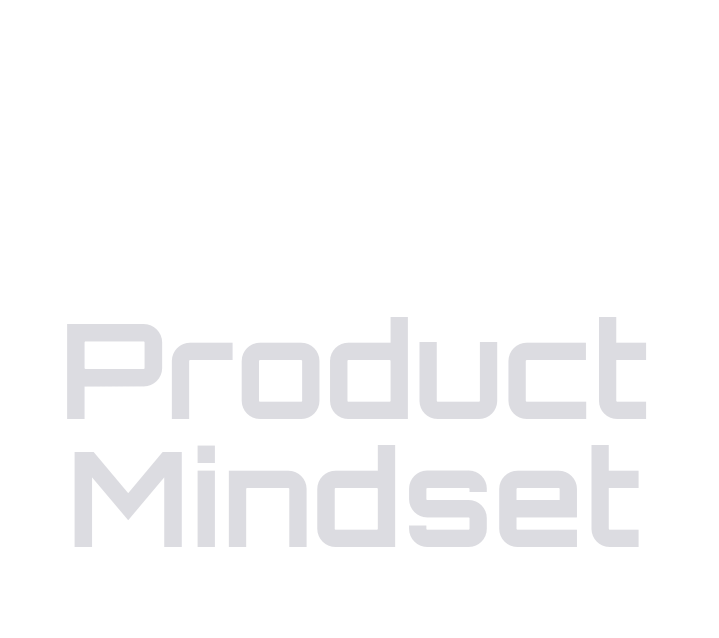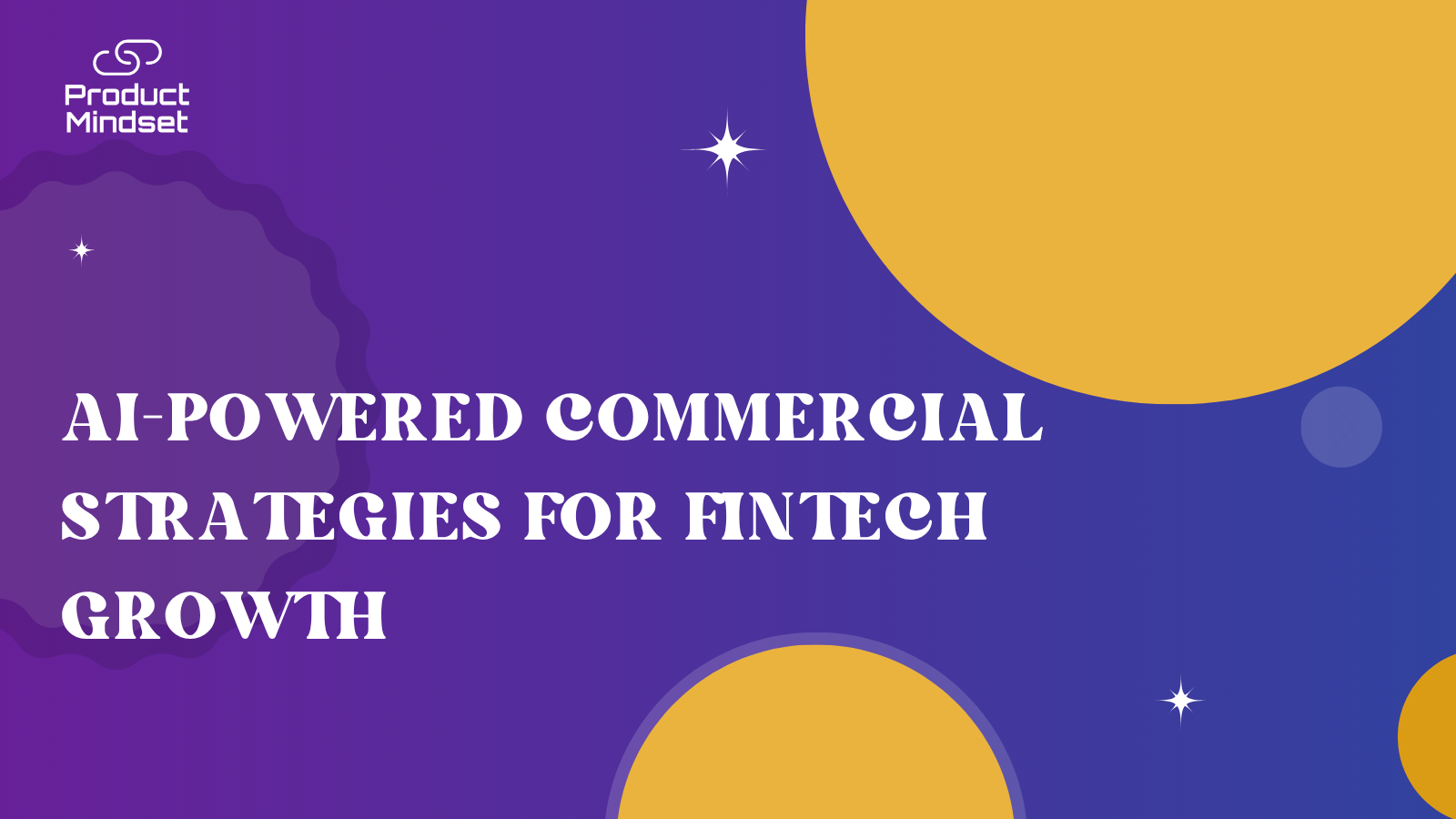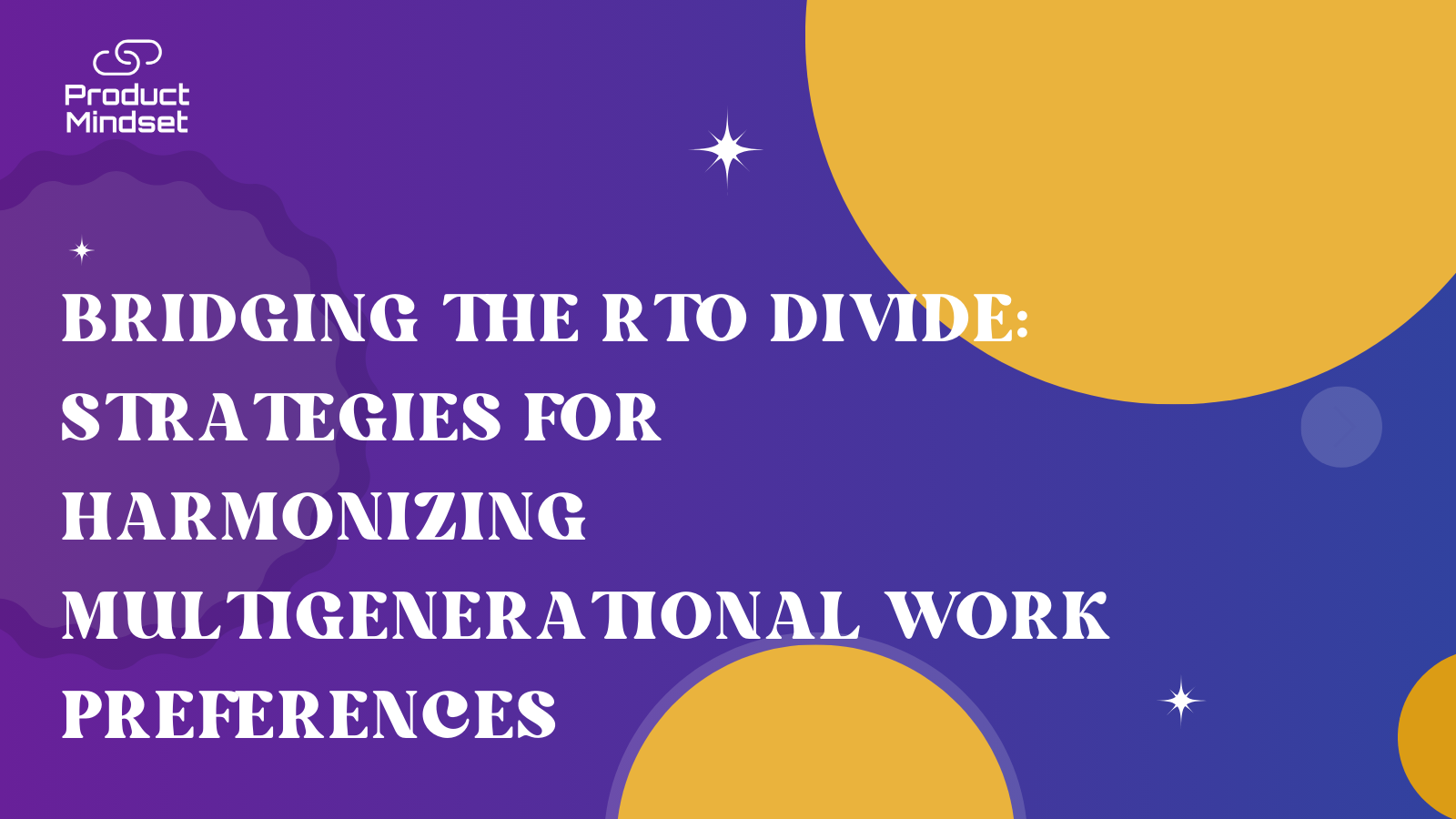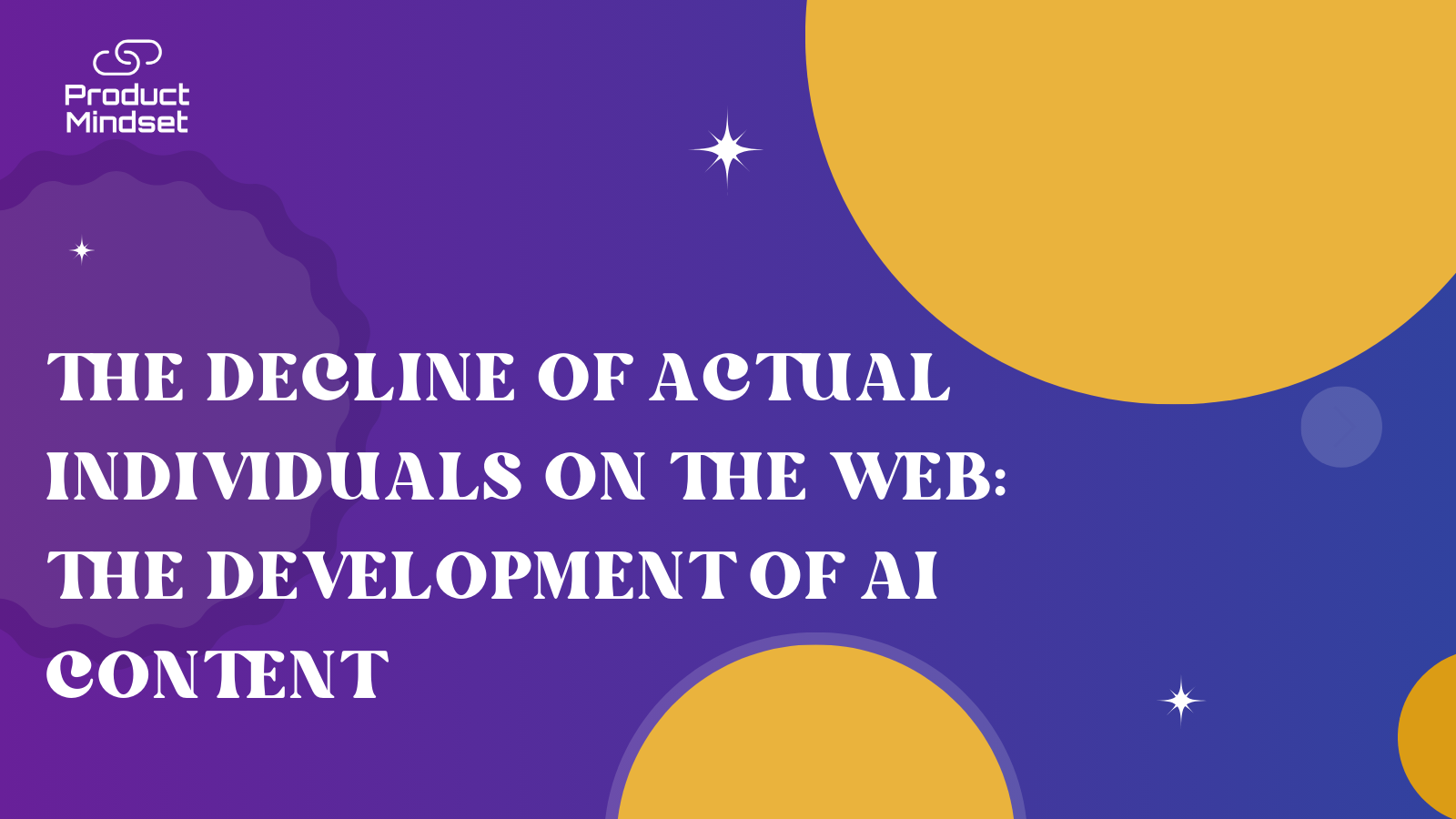Main Takeaways
- Gen Z appears to be assuming managerial responsibilities and is consistently integrating a more flexible, technological, and purposeful approach to management.
- It can be assumed that their leadership style includes, but is not limited to, the use of technology for digital communication, concern for the employee’s health and welfare, and open discourse because those are their values.
- There is some evidence suggesting that, although lacking in-depth case studies due to the youth of Gen Z, there is an observable trend of them building culture-strategic innovation ecosystems.
Understanding Gen Z Leadership
With an age range from 2010 to 1997, Gen Z will be entering the workforce, and taking on leadership roles by 2025. Being digital natives, they leverage technology from early childhood, giving them a completely distinct viewpoint unlike that of baby boomers and centennials. Unlike previous generations, they prioritize flexibility, work-life balance, purpose, and technology integration into the workplace. This change initiates the need for transformation, which fully manifests in the later stages of life.
Impact on Management Practices
Gen Z is changing management by integrating digital collaboration tools like Slack and Trello into their workflows. Unlike previous generations, they champion work-life balance and offer flexible schedules, including remote work. Moreover, they focus on added value by improving employee wellness programs and mental health support. Their commitment to transparency and active social leadership is creating purpose cultures that reinforce commitments to social and environmental responsibility, thereby unlocking new levels of engagement and innovation.
Examples and challenges
There aren’t many case studies of companies started by Gen Z, but Patagonia, Google and HubSpot showcase features of responsive environmental activism, innovation, and transparency that align with the expectations of Gen Z. Even though these companies are not led by Gen Z, they are changing to appeal to this generation, which shows a bigger shift. The problem is the small number of Gen Zers in upper management is a challenge since most are in their 20s, but they are still able to make a mark on the company culture.
Patagonia
With environmental responsibility at the forefront of its business model, Patagonia is popular among Gen Z. The company’s emphasis on ethical production and environmental advocacy makes it popular among conscientious shoppers. This not only enhances brand trust among Gen Z, but also reflects positively on the company’s civic engagement image.
Google has boldly taken the first step toward developing approximately 200 new job postings in Northern California. The programs, tools and services offered by the company aid the employee’s wellness in various domains including mental health and flexible work arrangements. Also, this caters to Gen Z’s expectation of a work environment, supportive as well as open.
HubSpot
Authenticity and professional development go hand in hand, and this aligns with Gen Z’s desire to engage with the world meaningfully. HubSpot has become renowned for providing its employees with extensive personal and professional development resources, which fosters an atmosphere of trust, openness, and continuous learning.
Gen Z In Leadership Positions
Not many Gen Zs occupy high management positions, as they are in their twenties, but they greatly influence work culture. Companies are changing to meet the needs of Gen Z by enhancing DEI policies, in addition to employing technology to automate processes and improve efficiency.
For example, Gen Z’s use of technology is clear from the adoption of communication tools like Slack and Microsoft Teams which are now critical for seamless communication.
Detailed Analysis: The Rise of Gen Z in Leadership and Its Impact on Management
As of March 10, 2025, Generation Z (Gen Z), defined as those born between 1997 and 2012, is increasingly ascending to leadership roles, reshaping traditional management practices with their unique perspectives and expectations. This generation, now in their late teens to late 20s, is bringing a digital-first mindset, a demand for flexibility, and a commitment to purpose-driven work into the corporate world. This article examines their growing presence in managerial positions, explores how they are redefining employee engagement, organizational structure, and company culture, and highlights the impact on business development through case studies and trends.
The Growing Presence of Gen Z in Leadership
Research indicates that Gen Z is projected to constitute 27% of the workforce by 2025, a significant increase driven by their entry into the labor market and the retirement of Baby Boomers Forbes, What We Can Expect From Gen Z In The Workforce In 2025. Their representation in leadership roles, while still emerging, is notable, particularly in tech-savvy industries. For instance, a 2025 article from Forbes highlights that Gen Z now makes up over 16.8% of the workforce and a third of new hires, with the oldest turning 28 this year, positioning them to manage teams Forbes, There’s A New Boss In Town: Gen Z. This rapid ascent is fueled by their digital nativity and entrepreneurial spirit, with 83% actively staying up-to-date with technology trends, according to Startups Magazine Startups Magazine, Looking to the Future: The Leadership Styles Gen Z Brings to the Workplace.
However, the transition to leadership is not without challenges. A 2025 Forbes article notes that over half of Gen Z employees feel a lack of interpersonal training, making them hesitant to ask questions, which can hinder their management effectiveness Forbes, The End Of Management? Gen Z Faces New Challenges In 2025. This generational shift is controversial, with some viewing it as a disruption to established norms, while others see it as a necessary evolution to meet modern workforce needs.
Redefining Management Practices
Gen Z leaders are reshaping management through their preferences, which emphasize technology, flexibility, and purpose. Their comfort with digital tools is leading to the adoption of platforms like Slack, Microsoft Teams, and Trello for collaboration, aligning with their expectation of a digitally integrated workplace Forbes, What Your Gen Z Workers Really Want In 2025. This is particularly evident in remote and hybrid work environments, where 36% of younger respondents in the UK prioritize flexible hours, according to Korn Ferry Korn Ferry, Top 5 Leadership Trends That Will Shape 2025.
Employee engagement is also being transformed, with Gen Z leaders focusing on well-being and mental health. A 2023 study by the American Psychological Association found that 55% of 18- to 24-year-olds reported being diagnosed with or treated for mental illness, highlighting the need for supportive management practices Leader’s Edge Magazine, Managing the ‘Challenging Generation’. Companies are responding with wellness programs, mental health days, and coaching, which resonate with Gen Z’s values Forbes, The Gen Z Catch-22: The Workforce Changes Threatening Careers In 2025.
Organizational structure is seeing a shift toward flatter hierarchies and autonomy, with 72% of Gen Z preferring individual contributor roles over middle management, a trend called “conscious unbossing” Korn Ferry, Why Gen Z is Saying No to Management. This reflects their desire for flexibility and less rigid career ladders, impacting how teams are managed and decisions are made.
Company culture is being redefined with a focus on transparency and purpose. Gen Z leaders, with 32% seeking employers who invest in responsible and sustainable business compared to 14% of Gen X, are driving cultures that align with social good Startups Magazine, Looking to the Future: The Leadership Styles Gen Z Brings to the Workplace. This is evident in their preference for open communication and feedback, as noted in a 2022 study from Regent University, which found Gen Z values influential, results-driven leadership with a servant’s heart Regent University, Millennial and Generation Z’s Perspectives on Leadership Effectiveness.
Case Studies of Young Leaders
While specific case studies of Gen Z-led companies are limited due to their age, several organizations exemplify practices that align with Gen Z’s management style, offering insights into their potential impact:
- Patagonia: This company, known for environmental activism, offers flexible work arrangements and prioritizes employee well-being, resonating with Gen Z’s values. Their culture of purpose-driven work, with a focus on sustainability, aligns with Gen Z’s expectations, potentially attracting this generation to leadership roles Patagonia.
- Google: Google’s innovative culture, use of advanced technology, and extensive employee benefits, including mental health support, cater to Gen Z’s tech-savvy and well-being preferences. While not led by Gen Z, their practices reflect the direction Gen Z leaders might take Google, About Google.
- HubSpot: Known for its transparent salary policy and remote work options, HubSpot’s emphasis on flexibility and open communication aligns with Gen Z’s management preferences. This approach has helped them attract talent, potentially including Gen Z managers, and foster innovation HubSpot.
These examples, while not exclusively led by Gen Z, illustrate how companies are adapting to their expectations, suggesting a blueprint for future Gen Z leadership.
Impact on Business Development
The adoption of these management practices is having a significant impact on business development. Flexible work arrangements and digital tools enhance productivity and attract talent, with companies like Google reporting higher engagement levels Google, About Google. Purpose-driven cultures, as seen in Patagonia, boost brand loyalty and customer engagement, particularly among younger demographics, driving revenue growth Patagonia. Transparency and well-being initiatives, like those at HubSpot, reduce turnover and improve employee satisfaction, leading to better performance and innovation HubSpot.
However, challenges remain, such as the need for interpersonal training for Gen Z managers and the potential resistance from older generations to flatter structures. A 2025 Forbes article notes that 60% of Gen Z employees don’t know who to turn to for soft skills help, indicating a gap that could affect leadership effectiveness Forbes, The End Of Management? Gen Z Faces New Challenges In 2025. This highlights the need for coaching and mentoring programs to bridge generational divides.
Conclusion
With Gen Z taking leadership positions, their management styles are uniquely flexible and tech-savvy, putting an emphasis on purpose. Earlier ascertained case studies of companies led by Generation Z are scarce, however, businesses such as Patagonia, Google, and HubSpot showcase how these shifts are undertaken. These practices help to transform the future of work. Meeting the expectations set by Gen Z is essential if companies intend to capture new talent, promote innovation, and achieve sustainability in the marketplace. The path is challenging while simultaneously ripe with opportunities, but from the looks of it, change is highly likely in management and organizational culture.
